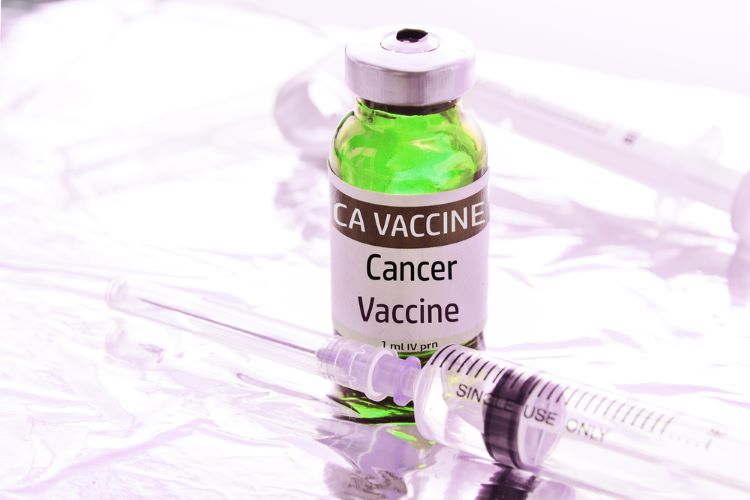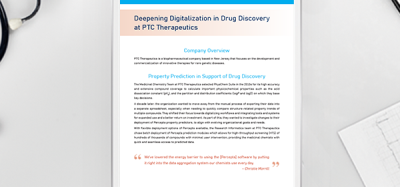Draft regulatory guidance on personalised cancer therapies published
Posted: 5 February 2025 | Catherine Eckford (European Pharmaceutical Review) | No comments yet
The new draft guidance for personalised cancer therapies addresses the questions that this new regulatory pathway creates, according to the MHRA’s Chief Executive.


The Medicines and Healthcare products Regulatory Agency (MHRA) is seeking feedback on its regulatory guidance for individualised mRNA cancer immunotherapies.
This guidance aims to streamline access pathways for patients, without compromising on the safety of these personalised immunotherapies.
These cancer vaccines “are tailored to an individual’s tumour, [so] they pose unique scientific questions on how they should be regulated,” Julian Beach, MHRA Executive Director of Healthcare Quality and Access explained.
To support this endeavour and steer the final guidance, the agency launched an eight-week consultation on 3 March, which will run until the end of next month.
The recommendations cover product design and manufacture, evidence needed show safety and effectiveness, and post-approval safety monitoring, according to the MHRA.
Potential of personalised immunotherapies for cancer
“As government ramps up the use of groundbreaking technologies and medicines across the board, this guidance [for personalised cancer immunotherapies] will be fundamental to achieving our goal of moving from sickness to prevention”
MHRA shared that to produce these innovative cancer immunotherapies, patients are given a unique mRNA therapy that has been matched to their tumour fingerprint using artificial intelligence (AI). The immunotherapy is intended to train a patient’s immune system to target and eliminate tumour cells.
“Personalised immunotherapies could revolutionise our approach by helping patients fight cancer cells in their bodies. As government ramps up the use of groundbreaking technologies and medicines across the board, this guidance will be fundamental to achieving our goal of moving from sickness to prevention,” UK Minister for Public Health, Andrew Gwynne commented.
Looking ahead, the MHRA plans to expand the guidance so it applies to different types of highly personalised therapies, including for rare diseases.
In May last year, the US Food and Drug Administration (FDA) granted a world-first approval for a mRNA cancer vaccine. According to WestGene, the drug’s developer, clinical trials have demonstrated the treatment’s “promising efficacy, low toxicity, broad applicability, efficient scalability, and cost effectiveness” in cancer.
Related topics
Anti-Cancer Therapeutics, Biopharmaceuticals, Clinical Development, Data Analysis, Drug Development, Drug Markets, Drug Safety, Immunotherapy, Industry Insight, mRNA, Regulation & Legislation, Research & Development (R&D), RNA, Technology, Therapeutics, Vaccine Technology, Vaccines









